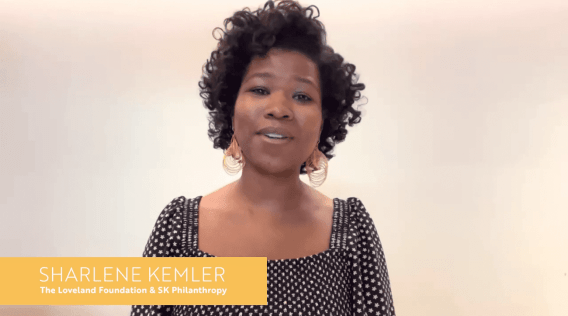With racial justice programs and DEI initiatives under threat, philanthropic organizations face an important decision – double down in the fight for justice or back down. Janiece Evans-Page, the CEO of Tides, is taking the harder road. She won’t back down, and she won’t let others shut her down. As the leader of an organization managing as much as $1.25 billion in assets at any given time, Evans-Page is carrying out a critical mission that other funders might want to emulate: upholding the American values of racial and gender equality.

We were fortunate enough that Janiece Evans-Page was willing to share her time and her thoughts on the attacks on organizations like the Fearless Fund. Janiece shares her insights here on how philanthropy can prioritize racial and gender justice, and use core values as the building blocks to a healthier democracy.
Read More









